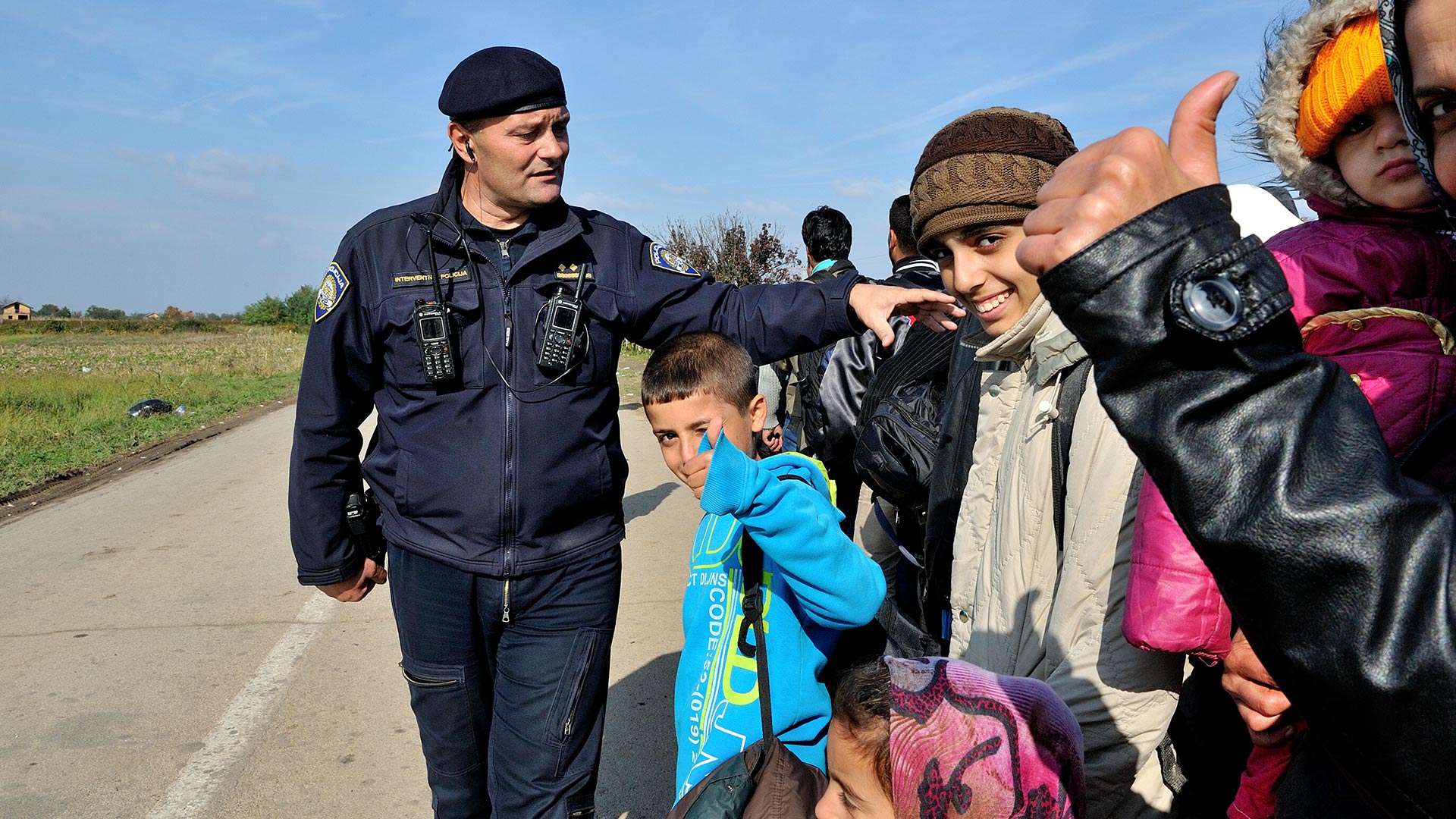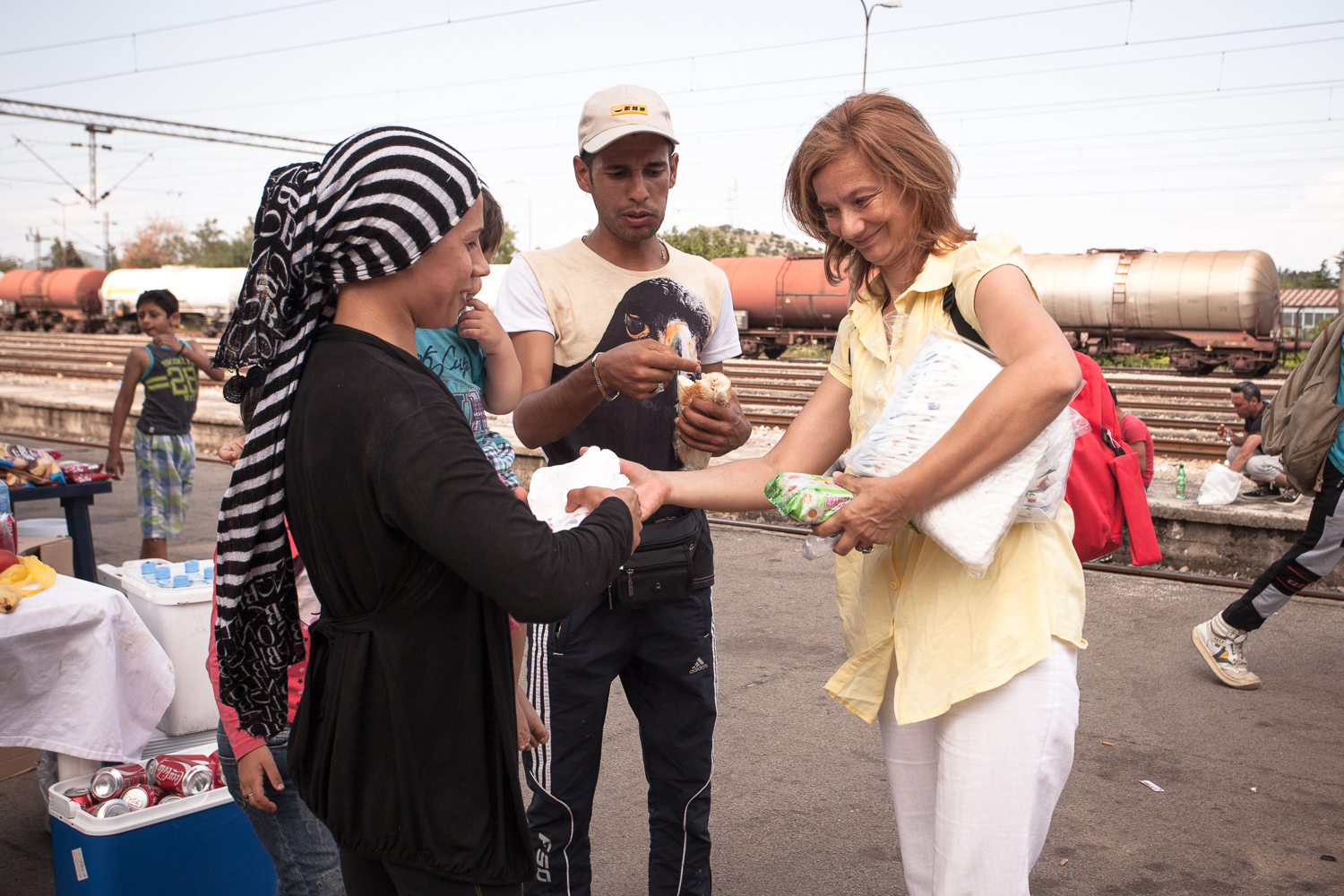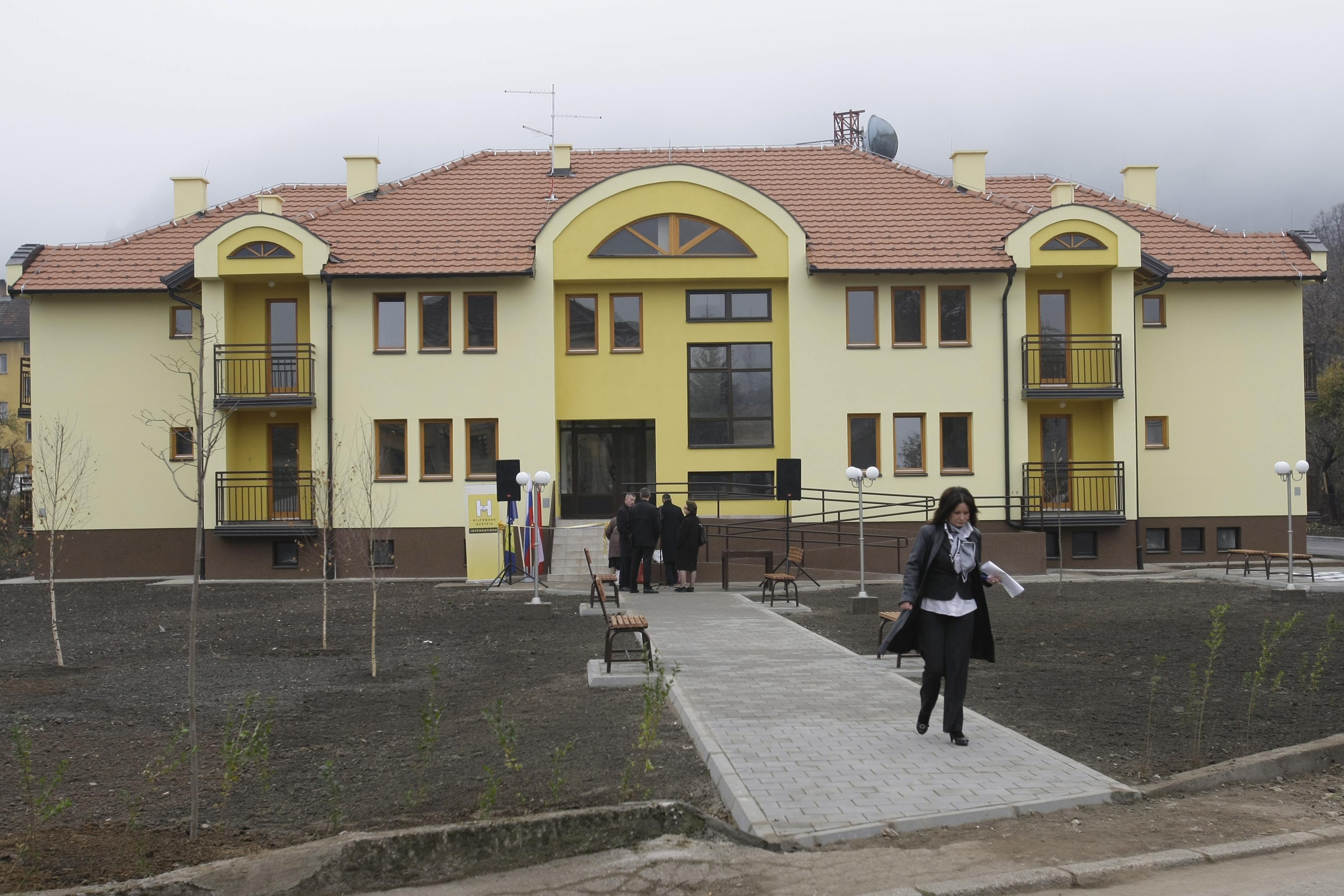Balkan governments seek to close refugee chapter in region
Balkan governments seek to close refugee chapter in region

SARAJEVO, Bosnia and Herzegovina, Jan 31 (UNHCR) - The governments of three Balkan countries today agreed to bring a genuine and successful close to the refugee chapter in south-eastern Europe by the end of 2006, through either voluntary return or local integration.
On Monday, the ministers responsible for refugee issues in Bosnia and Herzegovina (BiH), Croatia, and Serbia and Montenegro attended the "3x3 Initiative" conference in Sarajevo with representatives of three pivotal international organisations in the region - UNHCR, the Organisation for Security and Cooperation in Europe (OSCE) and the European Union.
The ministers were meeting a decade after the signing of the Dayton Peace Accord in 1995 that ended hostilities in the former Yugoslavia, in order to identify individual and joint activities to be undertaken in the forthcoming period. UNHCR, OSCE and the EU will actively and systematically assist this process to ensure a just and durable solution to refugee problems in the three countries.
The conference was opened by the Chairman of the BiH Council of Ministers, Adnan Terzic, who underlined the importance of this initiative in the context of the three countries' strategic objectives and the process of their accession to the EU.
Leading the UNHCR delegation, Assistant High Commissioner Kamel Morjane said in his keynote speech that the conference was taking place at an opportune moment, because "significant progress has been achieved by the concerned governments in their respective countries in this sphere and because any comprehensive solution to refugee situations requires extensive regional cooperation and renewed commitment."
Morjane reminded the participants that in November 1995, when the three countries met in Dayton, Ohio to sign the General Framework Agreement for Peace in Bosnia and Herzegovina, nearly half of the estimated population in Bosnia and Herzegovina had been forcibly displaced as refugees or internally displaced persons.
Since then, more than one million refugees and internally displaced persons have exercised their right to return to Bosnia and Herzegovina. Significant progress has also been achieved in returns to the neighbouring countries, with a third of all refugees originating from Croatia returning over the years. This leaves an estimated 300,000 or more refugees remaining in the three countries.
Ongoing efforts to re-register the remaining refugee population in Bosnia and Herzegovina and Serbia and Montenegro, fully supported by UNHCR, indicate at this stage that the refugee population still in need of a durable solution may be much smaller than assumed, perhaps half of current estimates.
The newly acquired data will allow better coordination of the joint efforts aimed at enabling all remaining refugees in the region to put an end to their plight. This will be achieved either through voluntarily return to their countries of origin, or through local integration in the host countries, while at the same time providing a much clearer picture of the outstanding needs of those who remain displaced in the region.
In his closing remarks, the Assistant High Commissioner stressed that it would be an illusion to believe that all refugees from the region will eventually return home, since many by now have acquired citizenship elsewhere and become productive members of their new countries.
Highlighting the two-fold character of the conference, Morjane noted that it is essential to identify the outstanding durable solution needs for refugees in the region, with an emphasis on allowing everyone who wishes to do so to exercise his or her right to return in safety and dignity. At the same time, it is also of utmost importance to consolidate the returns that have already taken place in the region in order to make them truly sustainable and to prevent renewed displacement within the region or further beyond.
Signing the eight-point Declaration on Refugee Returns, the three governments committed themselves to solve the remaining population displacement by the end of 2006, and to facilitate returns or local integration of refugees in cooperation with UNHCR, the EU and OSCE.
With that aim, the governments agreed to form a joint Task Force to implement the Declaration. The Declaration stipulates that meetings at the ministerial level will be held on an annual basis, while the Task Force will meet four times a year. Finally, the governments pledged to exchange data, as well as to develop and unite their individual action plans in a joint implementation framework.







